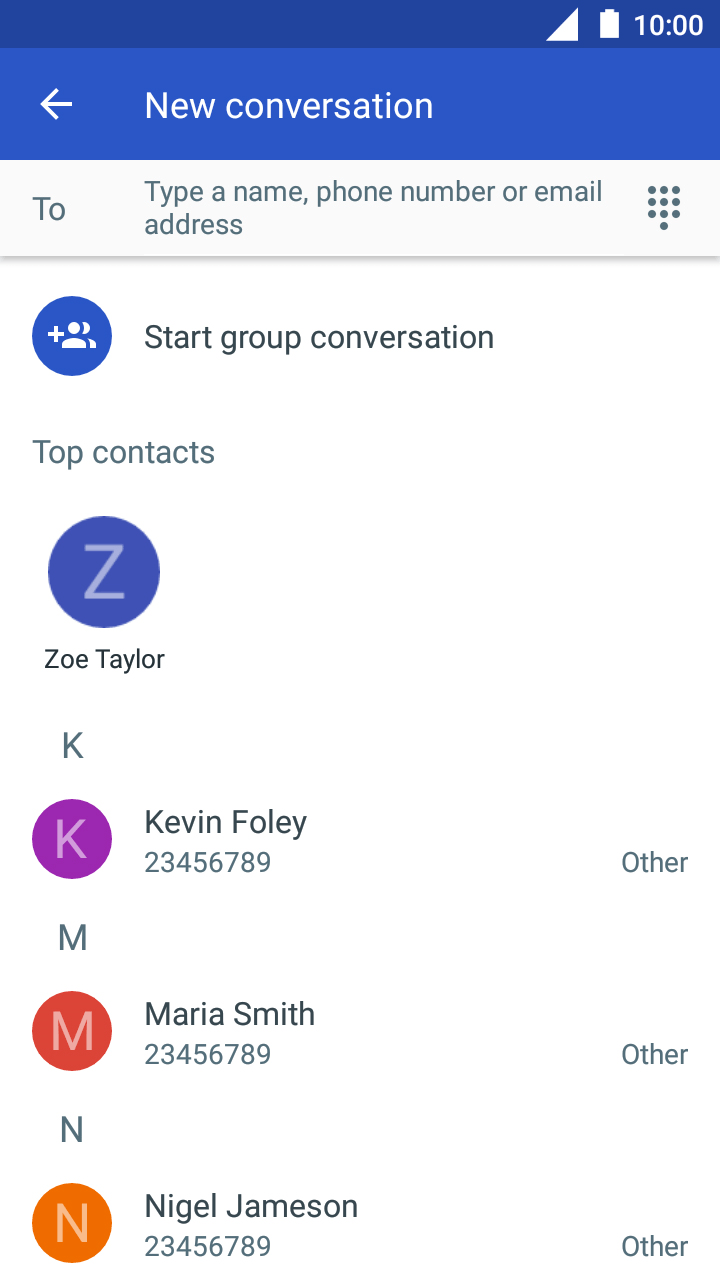

The could even attack accounts where they only had an email address, as some sites will text a temporary password or password-reset link to a previously confirmed phone number. This would let them attempt to hijack accounts from users even if they had second-factor authentication via SMS enabled. That could include passwords revealed in one of the many large breaches in recent years. The attacker would then be able see whether a message corresponding to the number they used arrived (forget the text, even), and use that information combined with other private data. In this case, web servers would know the originating IP address and other technical data for the inbound request, even though Apple said no cookies would be accepted or passed.Ī simple approach would have an attacker who has broken through the security of an SMS-filtering company send an intentionally spam-laden messages to a target phone number to see if the user were employing the service. Nonetheless, enormous amounts of privacy research have shown that seemingly anonymized information can be associated with great reliability when enough information is captured. In a presentation, the company explained to developers that iOS doesn’t pass the recipient’s phone number or any personally identifying information to the app, only the sender’s phone number (as identified by Caller ID) or email and the message text.


The tab changes to read Unknown & Spam with both settings enabled, or SMS Junk with just text-message filtering.Īpple announced this feature at its WWDC conference in June, although it received little attention. SMS filtering modifies that right tab when an applicable app is installed and the feature is enabled in the same setting area as iMessage filtering. A left tab shows Contacts & SMS a right tab shows Unknown Senders. With a third-party filter installed, iMessage filtering for unknown senders (an iOS 11 option found in Settings > Messages > Unknown & Spam), creates two tabs in Messages if enabled. And apps can choose to process everything locally, too, reducing concerns. Apple has put safeguards in place, but those squeamish about where their information winds up might prefer spam to filtering.


 0 kommentar(er)
0 kommentar(er)
